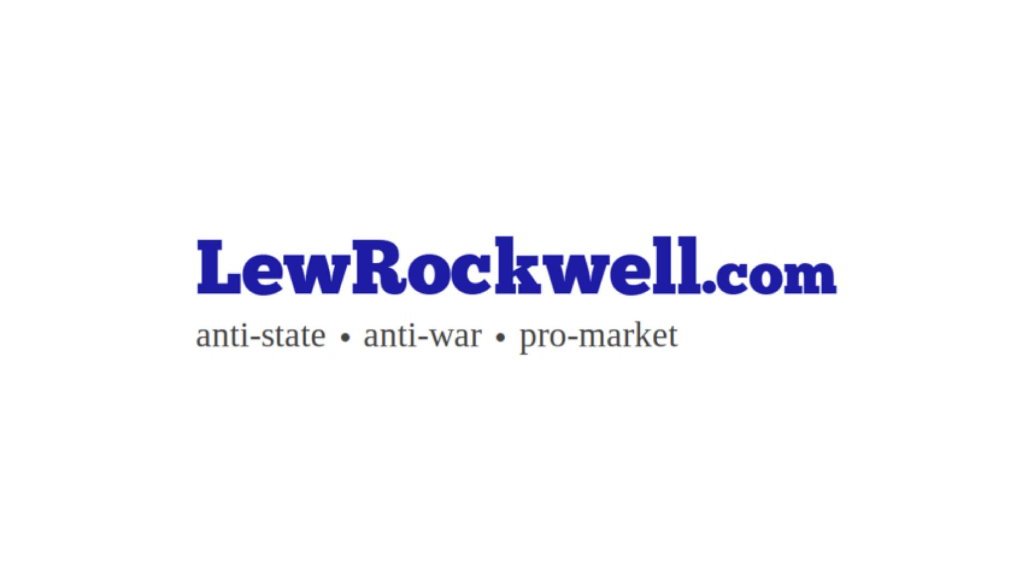Setback for U.S. ‘Ceasefire’ Deal in Ukraine
Secretary of State Marko Rubio, presidential envoy Steve Witkoff, several foreign ministers from Europe and the Ukrainian President Zelenski were supposed to meet in London today.
The Trump administration had planned this to be a final meeting over a ceasefire in Ukraine. A U.S. proposal for the ceasefire were to be discussed and accepted.
But Zelenski bailed out and the proposed meeting fell apart. According to the Independent Zelenski had feared to be “ambushed”:
Actor turned statesman Volodymyr Zelensky may have only ever played a soldier, but as a war time leader he knows an ambush when he sees one.
Having been trapped in the Oval Office and eviscerated by Donald Trump and JD Vance, he has avoided an enfilade from a crack team of American diplomats in the London kill zone by not turning up at all.
Tipped off that his intended target was not going to wander into his sights, the US team leader, secretary of state Marco Rubio, called off the operation altogether and stayed in Washington along with Steve Witkoff, Trump’s envoy to Vladimir Putin.
Keith Kellog, Trump’s envoy to Ukraine, who was already in London, has been left to observe peering through the privet while foreign secretary David Lammy squires the Ukrainian foreign minister for much downgraded “talks”.
At least the British hosts were not saddled with what could have been an historic mess in which Zelensky was presented with a US-Russian ultimatum and then painted as a rejectionist war monger when he said “nemaye” (no).
Other media are vague about the reasons to downgrade the talks. There is generally no common line in the media r
Article from LewRockwell

LewRockwell.com is a libertarian website that publishes articles, essays, and blog posts advocating for minimal government, free markets, and individual liberty. The site was founded by Lew Rockwell, an American libertarian political commentator, activist, and former congressional staffer. The website often features content that is critical of mainstream politics, state intervention, and foreign policy, among other topics. It is a platform frequently used to disseminate Austrian economics, a school of economic thought that is popular among some libertarians.



